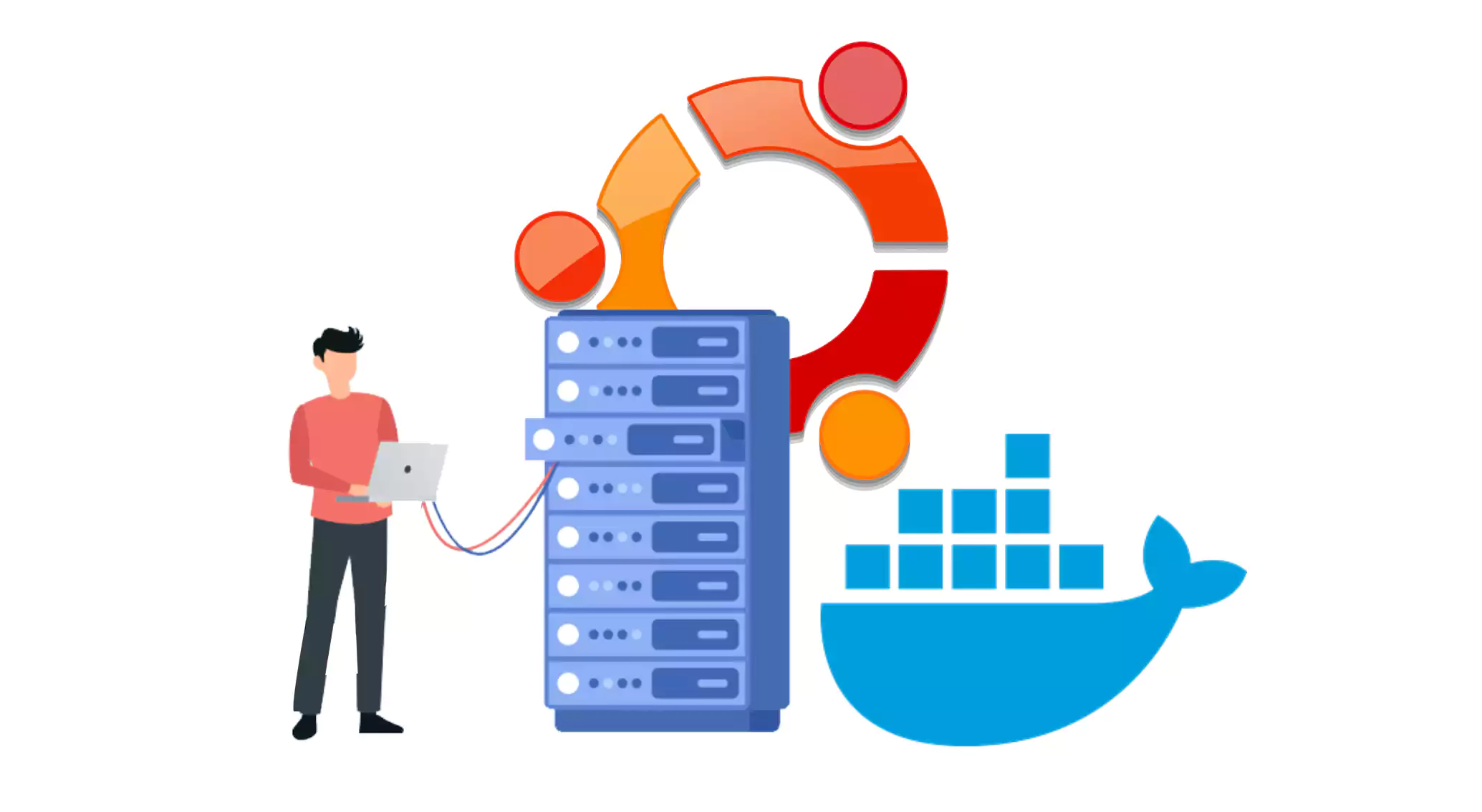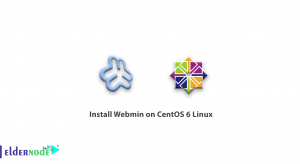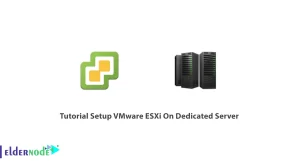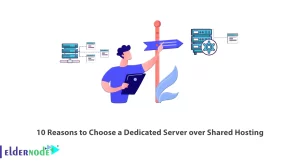
Welcome to our step-by-step guide on the installation of Docker on an Ubuntu Server. Containing multiple features, Docker is a robust container system for application deployment and management. In this guide, we will go over the installation process in an orderly fashion. Let’s get started with the objective of this guide which is to install Docker on an Ubuntu Server easily and with no complexity.
Prerequisites:
- Ubuntu VPS Server (compatible with Ubuntu Server 18.04 and above).
- Sudo privileges on your Ubuntu Server instance.
Table of Contents
Step1: Updating and Upgrading Ubuntu Server:
In this step, the commands that should be used to update the package lists of the apt package manager and upgrade the installed packages are shown.
sudo apt updatesudo apt upgradeStep2: Install the Required Dependencies:
Moving on, install the necessary dependencies as a means for Docker to function properly.
sudo apt install apt-transport-https ca-certificates curl software-properties-common
Step3: Docker’s Official GPG Key:
To ensure the authenticity of the Docker packages on the ubuntu server, add Docker’s official GPG key:
curl -fsSL https://download.docker.com/linux/ubuntu/gpg | sudo gpg --dearmor -o /usr/share/keyrings/docker-archive-keyring.gpgStep4: Docker GPG Key:
Integrate the Docker APT repository into the sources.list.d directory of the system:
echo "deb [arch=amd64 signed-by=/usr/share/keyrings/docker-archive-keyring.gpg] https://download.docker.com/linux/ubuntu $(lsb_release -cs) stable" | sudo tee /etc/apt/sources.list.d/docker.list > /dev/nullStep 5: Docker APT Repository:
With that done, installing Docker Engine using the following commands:
sudo apt updatesudo apt install docker-ce docker-ce-cli containerd.ioStep 6: Add your Ubuntu User to the ‘docker’ group (optional):
If you don’t want to run Docker commands prefixed by sudo, you can add your Ubuntu user to the ‘docker’ group:
sudo usermod -aG docker $USERCaution: To have the group membership changes take effect, log off and back in.
Step 7: Determination of Docker Installation:
To finish this installation remove the configuration wizard and first just test if docker was installed correctly. For this run the command below.
docker run hello-worldIf everything works correctly, you would see a message saying ‘Hello from Docker!’ which is an indication that your installation went through successfully.
Well done! You have gone through the steps of installing Docker on your Ubuntu Server. You can now use the server and take advantage of Docker to manage and deploy containers without any difficulties.
Additional Tips:
– Avoid using old versions of the application for long. Update to the latest version to experience new enhanced features and also avoid security breaches. Execute the commands below.
sudo apt updatesudo apt upgrade docker-ce– Refer to Docker’s website so that you can check or read about advanced usage, container’s management instructions and its configuration options.
Conclusion and next steps
You installed Docker on your Ubuntu Server successfully and picked up some basic concepts and commands for proper management. The containerization solutions provided by Docker allow you to simplify your application’s use since there is relatively minimal effort required to make the scaling and maintenance of your software easier in various environments. The utilization of Docker can, thus, enhance your developmental procedures and ensure uniformity in the different processes of your applications.
As you advance further with Docker, you may wish to go for the more marketing capabilities of Docker onion and integrate with docker swarm for orchestration at container level or alternatively go for Kubernetes for orchestration on a larger scale. These applications will assist you in managing intricate deployments and also help in scaling your applications, thus improving your efficiency. Furthermore, explore building your own Docker images from Docker files so that you can be able to make applications throughput specific.




